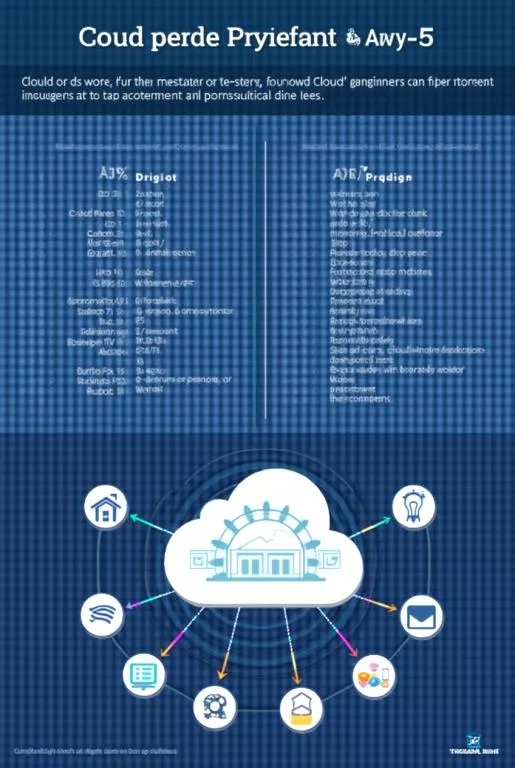Whether you’re a seasoned IT professional or just getting started, freelancing can offer a viable path to making money online . In this article, we’ll walk you through how to make a steady income as an IT freelancer, covering everything from finding clients to managing your time and income.
Step 1: Identify Your Niche and Specialize
The first step to a successful freelance career in IT is determining what services you want to offer. IT is a broad field, and specializing in one area can help you stand out from the competition. Some areas of specialization include:
- Web development (front-end, back-end, full-stack)
- App development (iOS, Android, cross-platform)
- Cloud services and infrastructure
- Network administration
- Cybersecurity
- Database management
Why it’s important: Specialization allows you to hone your skills and cater to a specific market, making it easier to position yourself as an expert. This can lead to higher rates and more repeat clients. If you're starting out, you may want to take on a variety of smaller projects before narrowing your focus to a specific niche.

Step 2: Build Your Online Portfolio
To attract clients and justify your rates, you'll need to build an impressive online portfolio showcasing your skills and past work. This could include:
- A personal website or blog with a clear description of your services
- A GitHub account showcasing your code (for developers)
- Case studies or project summaries
- Testimonials or reviews from previous clients (if available)
Why it’s important: A strong portfolio builds credibility and trust with potential clients. It gives them a sense of your abilities and demonstrates your previous work. Be sure to update your portfolio regularly with new projects or accomplishments to keep it relevant.
Step 3: Set Your Rates and Start Marketing Yourself
Setting your rates can be challenging, especially if you're just starting. Research industry standards for your niche and geographic location, then adjust based on your level of experience. As a freelancer, you may charge on an hourly basis, per-project, or offer retainer packages for ongoing work.
Once your rates are set, it's time to market yourself. You can do this by:
- Joining freelance platforms like Upwork, Freelancer, and Toptal
- Networking on LinkedIn and industry-specific forums or communities
- Reaching out to small businesses and startups that may need your services
- Leveraging social media to share your expertise (Twitter, Instagram, etc.)
Why it’s important: Marketing yourself helps you get noticed in a competitive field. A well-rounded marketing strategy that includes networking, online presence, and word of mouth will help you attract clients and build a steady stream of work.
Step 4: Manage Your Projects and Time Effectively
Freelancing often requires juggling multiple projects at once. It’s important to stay organized and set realistic deadlines for each project. Using project management tools like Trello, Asana, or Jira can help you keep track of deadlines, client expectations, and progress. Additionally, set aside dedicated time each week for learning new skills and staying updated with industry trends.
Why it’s important: Effective time management ensures that you meet deadlines, satisfy clients, and maintain a balanced work schedule. As your freelance business grows, you may also consider outsourcing certain tasks (like administrative work or accounting) to focus on the technical side of your work.
Step 5: Scale Your Freelance IT Business
As your reputation grows and you establish a steady flow of projects, you may want to scale your freelance business. This could involve:
- Increasing your rates as you gain more experience
- Taking on larger projects that offer higher pay
- Hiring subcontractors or collaborators to take on additional work
Why it’s important: Scaling your business allows you to increase your income potential while maintaining the flexibility that freelancing offers. As you gain more experience and build a client base, you’ll find it easier to negotiate better rates and expand your freelance career.
